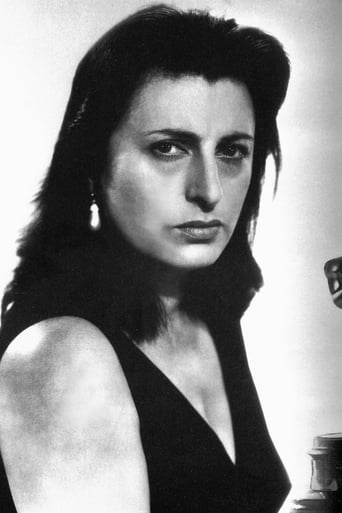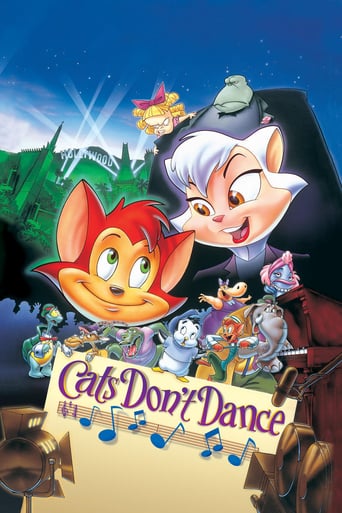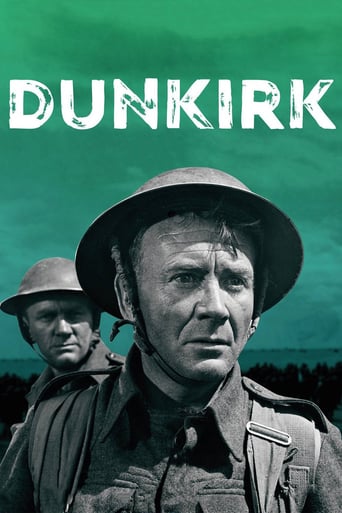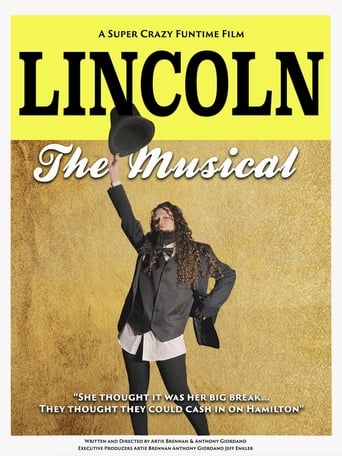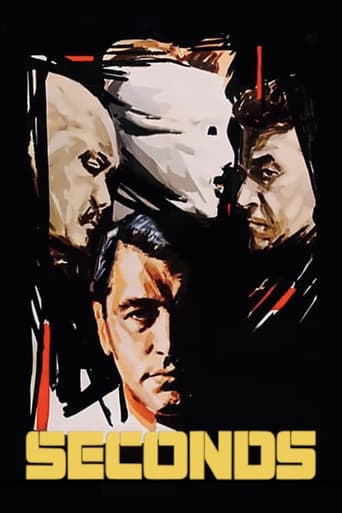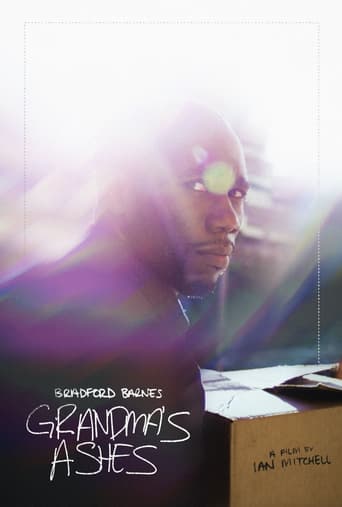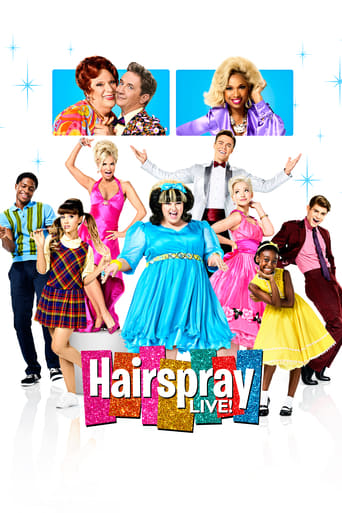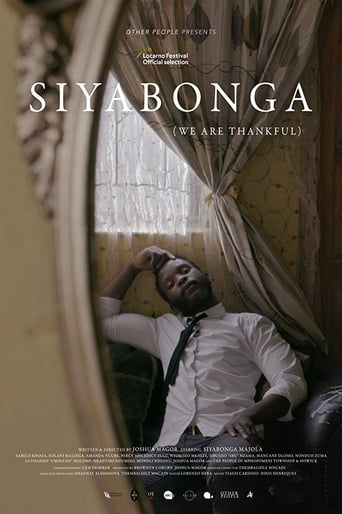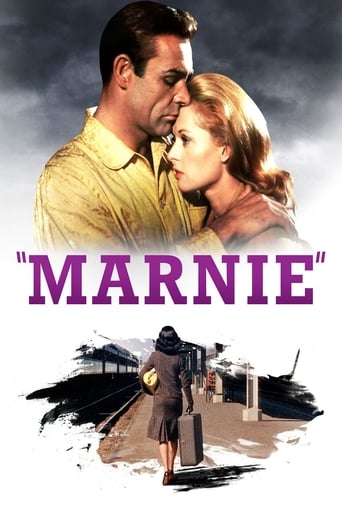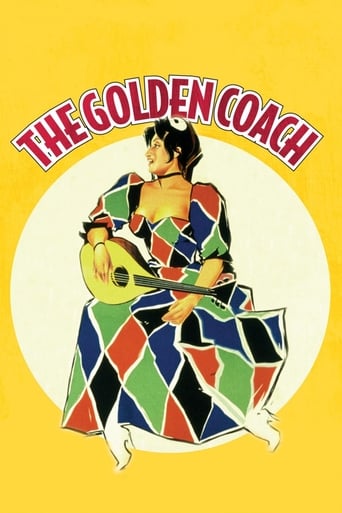
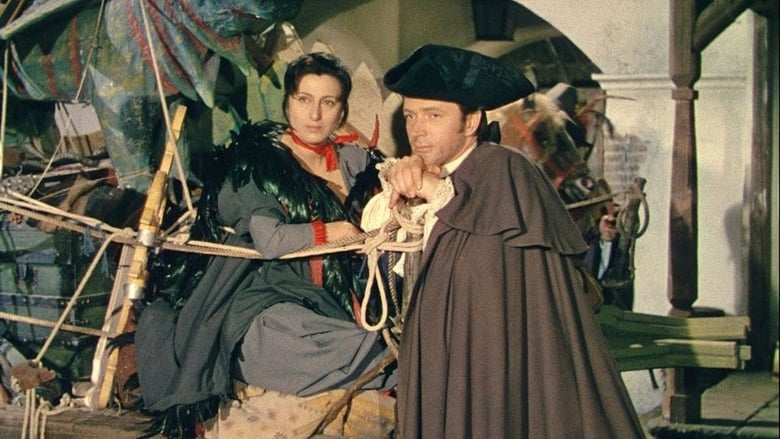
The Golden Coach (1952)
A viceroy, a nobleman and a bullfighter court a comedy-troupe actress in 18th-century Peru.
Watch Trailer
Cast


Similar titles
Reviews
You would think that 'The Golden Coach' has the potential to be a classic. After all, it's directed by the great Jean Renoir, the setting is unique (a Spanish colony in Peru in the 18th century), the plot is unusual (a commedia dell'arte troupe must prove its mettle in a potentially hostile environment) and the protagonist played by Anna Magnani, lends her star power to the proceedings.I like how the character of Ferdinand the Viceroy (in perhaps Duncan Lamont's greatest role) is not your typical autocrat who is bent on making everyone's lives, miserable. Quite the contrary, the Viceroy is beholden to the aristocracy who eventually decide to vote him out after he chooses to give the Golden Coach to Camilla (Magnani), who he has fallen in love with. I also like the witty banter between Lamont and Magnani, as he tries to seduce the headstrong Camilla.As the plot develops, the Viceroy isn't the only fellow who has fallen in love with Camilla. There's also Felipe, who's been accompanying the theater troupe in their travels. Felipe flips out after the Viceroy gives Camilla a very expensive necklace and there is a rather unfunny scene (that goes on for too long) with Felipe attempting to take the necklace away from Camilla and give it back to the Viceroy. The brawl between the two, emphasizing Felipe's extreme jealousy, is way overdone. The result in the plot is that Felipe decides to leave the troupe and join the Army.Then there's Ramon, the bullfighter, who's also smitten with Camilla. And naturally he's the extreme jealous type too. He ends up fighting with Felipe after his return for a visit and we're again expected to laugh simply because of both their jealous infatuations.Magnani knew no English when she was hired for the role and it's remarkable how fast she learned the language. Nonetheless, I'm not completely sure if she was the best type for the role. The three men are infatuated with her but certainly not for her looks. I guess it's her personality that sways them but in real life, can you imagine all three men going after such a brash (and not that physically attractive) type of woman?'The Golden Coach' denouement reminds me of the similar denouement in Moliere's 'Tartuffe'. You'll recall that it's the King who makes everything right at the end; similarly here it's the Bishop, who accepts Camilla's gift of the coach and plans on using it to transport sacraments to the sick and dying. Maybe that's Pope Francis' style now but back then, highly unlikely (same for the king in Moliere's day— can you really believe he would have seen through the hypocrite Tartuffe and restored equilibrium to Orgon and his household?). But the ending is designed to reflect the type of drama of that time. Ultimately, 'The Golden Coach' is a sumptuous costume drama with a unique, historical setting. If you like the commedia dell'arte, you'll certainly be rewarded (in terms of drama, it seems awfully dated to me).I understand that Renoir himself was more proud of the stage design than the narrative. And what of the narrative? It mainly relies on the comedy of three infatuated men and their extreme jealousy. Funny? Not really. Original? Ditto! There's also a little of Renoir's philosophizing at the end where we're reminded that Camilla really can only realize her true self when she's performing on the stage. Thus the machinations offstage are of secondary importance. This seems prophetic as those machinations do indeed seem trivial at best.
I saw the Italian version in Bologna in 2006, and have just seen the American DVD. The latter seems to be missing some footage at the end, does anyone know? I seemed to remember a more elegant ending, when Anna Magnani steps back on stage. The genius of this moment is that it is in fact the stage that is the real world, and all that she has been participating in with the three men she has dallied with is the illusion. I take this as a metaphor for the play of creation as described in the Bhagavad-Gita, Chapter 2, when Krishna says to Arjuna, "Be without the three gunas." So Camilla has come to understand this, has given up her attachment to material things, symbolized by the coach, and even to the whole rigmarole of worldly life, and goes back to her true essence, which is to be the witness to all this churning activity. By stepping out onto the proscenium, leaving all the muddle of the gunas behind, she becomes enlightened and can continue as she chooses, playing other roles if she likes, but with the knowledge she has gained in this past existence.
This film is really a masterpiece. This was also French director François Truffaut's opinion, and he named his film company "Les Films du Carrosse" as a tribute to it. I once read a review in which the critic expressed the opinion that Anna Magnani's looks couldn't make it likely that the male characters of the plot fell in love with her. But this is a complete misunderstanding of the story, it is not because of her beauty they love her, but because she makes them laugh, she brings them to that other world which theater creates. For aren't we all made of the same stuff dreams are made of, as the great Will once wrote?... If you haven't seen this film, don't wait if you get a chance to watch it. In France, where I live, it's not available in DVD yet, but since it recently came out in the US, and in Japan, I am looking forward to soon finding it here.
I saw this recently at a retrospective celebrating the 50th anniversary of the founding of Cahiers du Cinema, and I approached it with some trepidation. I didn't know if I would like it as much as Renoir's more famous films of the 30s, and I had previously found some of the color films he did in the 50s to be less accessible. I needn't have worried; this film is a masterpiece. The color is sumptuous and breathtaking; I have always like Technicolor, in which this film is shot, for the richness of its palette. The acting is brilliant and introduced me to some wonderful actors I have never heard of before. Well worth viewing.


